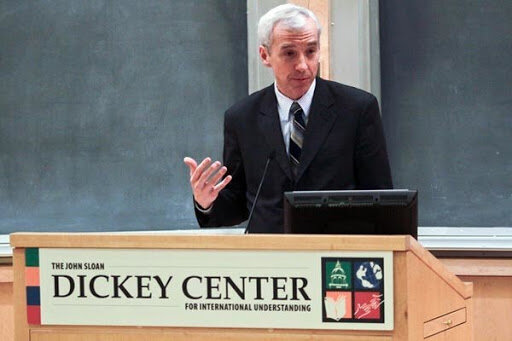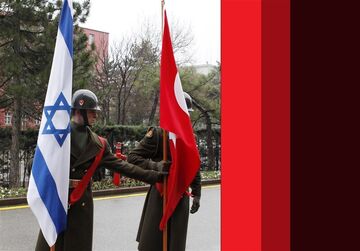TEHRAN(Bazaar) – Professor Paul Pillar, who was CIA intelligence analyst for 28 years, says Qatar continues to have strong reasons to maintain relations with Iran, beginning with matters involving natural gas.
“The extent of the trade relationship probably will depend at least as much on economic considerations as on political ones,” Pillar tells the Bazaar in an exclusive interview.
Following is the text of the interview:
Bazaar: Qatar and four countries, Saudi Arabia, Bahrain, the United Arab Emirates and Egypt, have reached to an agreement. How sustainable can this agreement be and not suffer the fate of Riyadh, which was concluded a few years ago?
Pillar: Saudi Arabia and its allies have now tried to bend Qatar to their will through isolation and punishment, and they failed. There is no reason to expect that they will try that unsuccessful route again any time soon. The agreement is likely to be sustained.
Bazaar: What reasons compelled the two sides to reach an agreement? How important was Biden coming to power in the meantime?
Pillar: The main impetus for the agreement was simply that the effort to isolate Qatar failed. After initially sustaining substantial economic costs, Qatar was able to adapt to the situation relying mostly on the strength that its vast gas reserves give it. The impending change of administrations in the United States also was a factor, in the sense that Saudi de facto ruler Mohammed bin Salman realizes that he will no longer have Donald Trump to cover for him, and that to enjoy reasonably good relations with the United States under Biden, Saudi Arabia will have to show itself to be a cooperative rather than a disruptive regional citizen.
Bazaar: Does this agreement mean that 4 countries will drop their conditions towards Qatar?
Pillar: The agreement is vague in some ways, with the only firm Qatari commitment appears to be to drop its lawsuits against the states that perpetrated the embargo. The other countries will not "drop" such issues as the coverage of Al-Jazeera and we will likely continue to hear complaints about those and other issues, but they will not be made grounds for reinstating sanctions and isolation against Qatar.
Bazaar: The Qatari Foreign Minister announced after the agreement that the agreement would not affect Doha's relations with Tehran. Meanwhile, one of the conditions of the four countries has been the reduction of Doha's relations with Tehran. Will this agreement affect Doha's relations with Tehran?
Pillar: Probably not, given the vague nature of the new agreement and the fact that it was basically the other countries that gave up rather than Qatar doing so. Qatar continues to have strong reasons to maintain relations with Iran, beginning with matters involving natural gas.
Bazaar: Recently, the Memorandum of Understanding between the Joint Commission of Economic Cooperation between Iran and Qatar was signed and the level of relations in the fields of transportation and transit, technical and engineering services, culture, technology and agriculture of Iran and Qatar is to be further developed. Iran is one of the few countries that has signed such a document with Qatar. Given the recent agreement and Qatar's withdrawal from the blockade, will the announced trade cooperation between Qatar and Iran expand?
Pillar: The prospect is for expanded trade, and Qatar's agreement with the other Gulf States makes this likely despite the likelihood that Qatar's relations with Iran will continue to be an issue among the Gulf States. The extent of the trade relationship probably will depend at least as much on economic considerations as on political ones.
















نظر شما